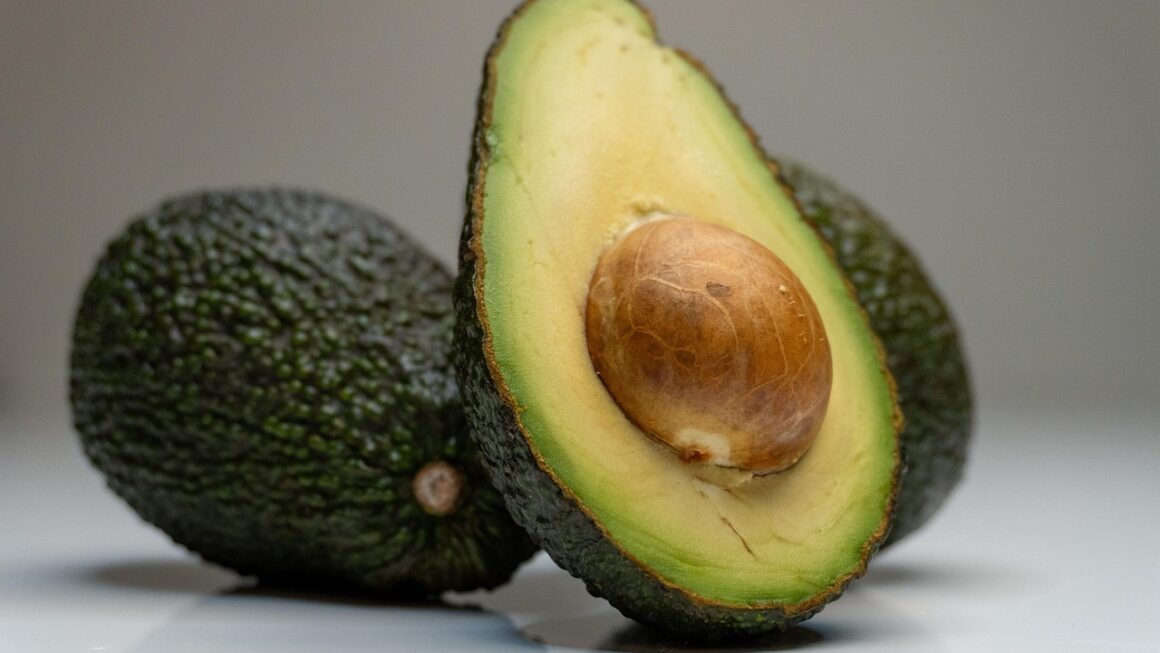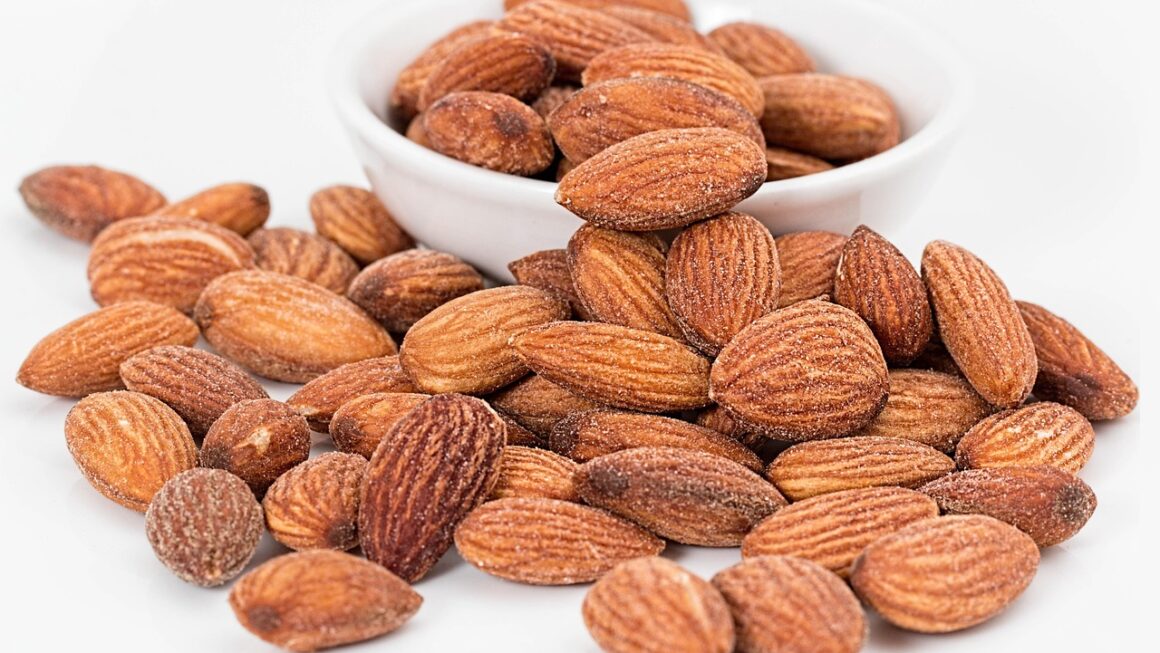Understanding Hydration: The Key to Optimal Health
Hydration is a fundamental aspect of human health that is often overlooked in our busy lives. While many of us are aware of the importance of drinking enough water, the nuances of hydration go beyond simply quenching thirst. Understanding hydration’s impact on body functions, athletic performance, and overall well-being can empower individuals to make informed choices about their fluid intake. In this blog post, we will explore the significance of hydration, the science behind it, effects of dehydration, and practical tips for staying adequately hydrated.
The Importance of Hydration
Water is essential for survival—comprising about 60% of the human body—and is involved in numerous bodily functions. Ensuring proper hydration can lead to enhanced physiological performance and overall health. Here’s why hydration matters:
Key Functions of Water in the Body
- Temperature Regulation: Water helps maintain the body’s temperature through sweating and respiration.
- Nutrient Transport: It aids in transporting nutrients and oxygen to cells.
- Waste Removal: Water facilitates the elimination of waste products via urine, sweat, and feces.
- Joint Lubrication: Hydration keeps joints lubricated, reducing the risk of injury.
- Cellular Function: Every cell in the body needs water to perform its functions effectively.
Benefits of Staying Hydrated
Consistent hydration provides numerous health benefits, including:
- Improved focus and cognitive function.
- Enhanced physical performance and endurance.
- Better skin health and appearance.
- Support for digestive health and regularity.
- Aid in weight management by curbing unnecessary hunger.
Recognizing Dehydration
Dehydration occurs when the body loses more fluids than it takes in. It can have serious consequences if not addressed promptly. Here’s what you need to know:
Symptoms of Dehydration
- Thirst and dry mouth.
- Dark yellow urine or low urine output.
- Fatigue and weakness.
- Dizziness and lightheadedness.
- Headaches and dry skin.
Causes of Dehydration
- Insufficient fluid intake, particularly in hot and humid weather.
- Excessive sweating due to physical exertion.
- Illnesses causing vomiting or diarrhea.
- Increased urination from medication or health conditions.
It’s crucial to recognize these signs early to prevent severe health complications.
How Much Water Do You Need?
The exact amount of water needed varies based on several factors, including age, gender, activity level, and environment. However, general guidelines can help:
Recommended Daily Intake
- Men: Approximately 3.7 liters (125 ounces) all beverages and foods combined.
- Women: About 2.7 liters (91 ounces) all beverages and foods combined.
Factors Influencing Water Needs
- Activity level: The more active you are, the more water you’ll need.
- Climate: Hot or humid weather increases fluid losses.
- Health status: Conditions like fever, diarrhea, or vomiting require increased hydration.
Practical Tips for Staying Hydrated
Maintaining proper hydration doesn’t have to be challenging. Here are practical strategies to ensure you’re consuming enough fluids:
Simple Hydration Strategies
- Start Early: Drink water first thing in the morning to replenish overnight losses.
- Carry a Water Bottle: Keep a refillable water bottle handy to monitor your intake.
- Set Reminders: Use apps or alarms to remind you to drink water throughout the day.
- Add Flavor: Infuse your water with fruits, herbs, or vegetables for a refreshing taste.
Foods High in Water Content
Incorporating water-rich foods into your diet can also help maintain hydration levels. Consider including:
- Cucumbers
- Watermelon
- Strawberries
- Lettuce
- Celery
Conclusion
Hydration is vital for maintaining peak health, yet it is often an overlooked aspect of daily wellness. By understanding the importance of hydration, recognizing the signs of dehydration, and implementing practical strategies for staying hydrated, you can significantly enhance your physical and mental well-being. Remember, the key to hydration is not just drinking water but incorporating various fluid sources into your daily routine. Stay mindful, stay hydrated, and enjoy the benefits of optimal health!




